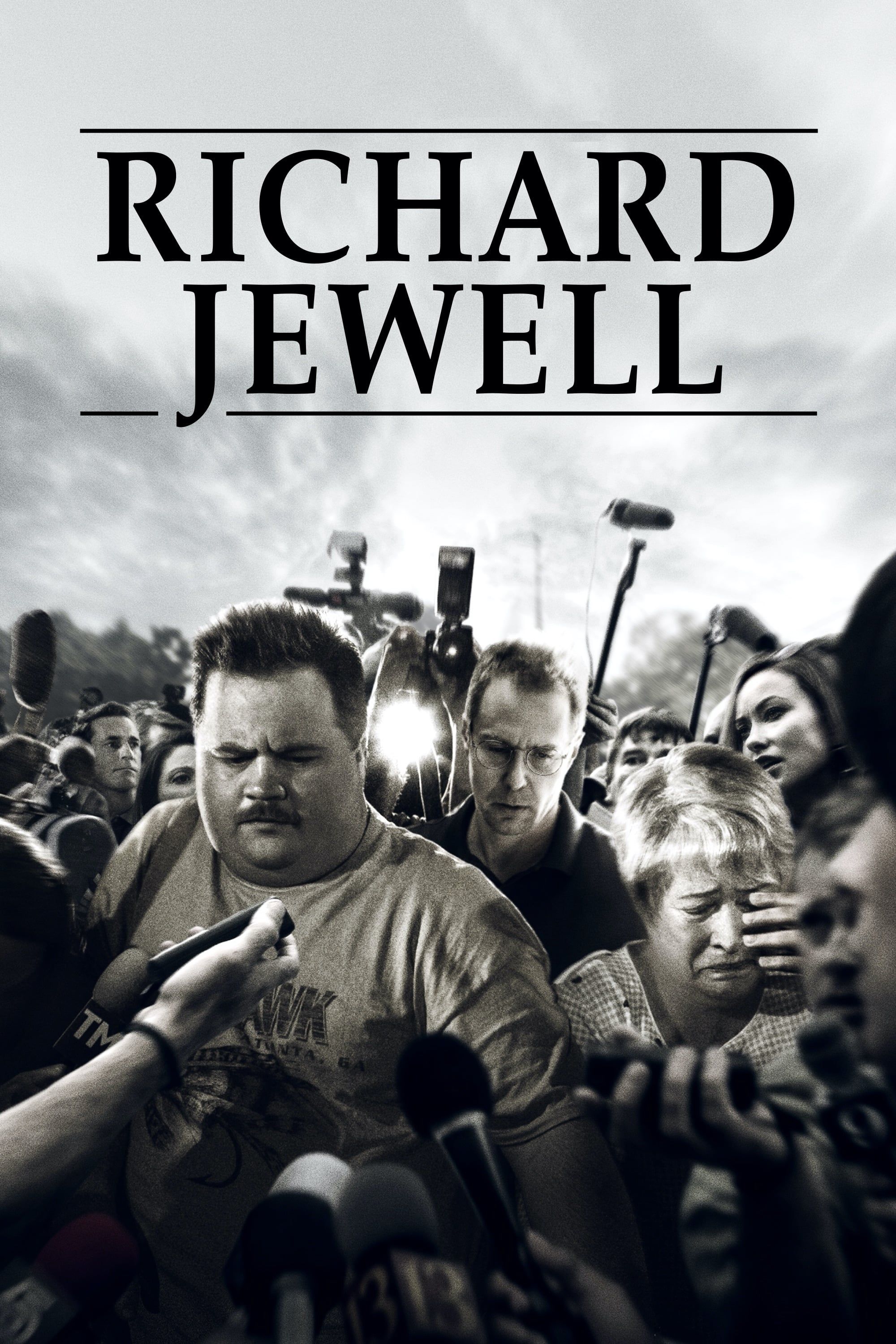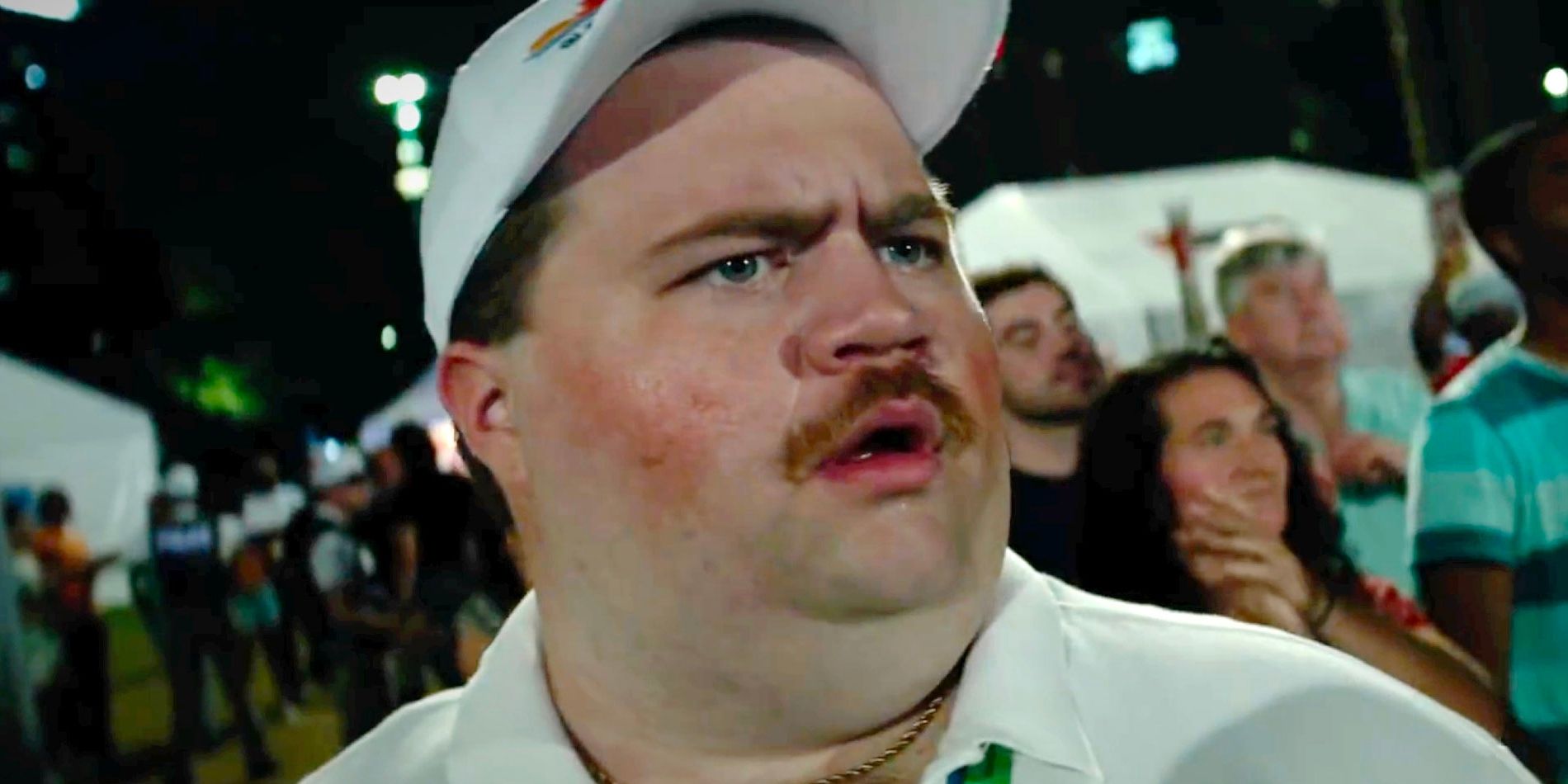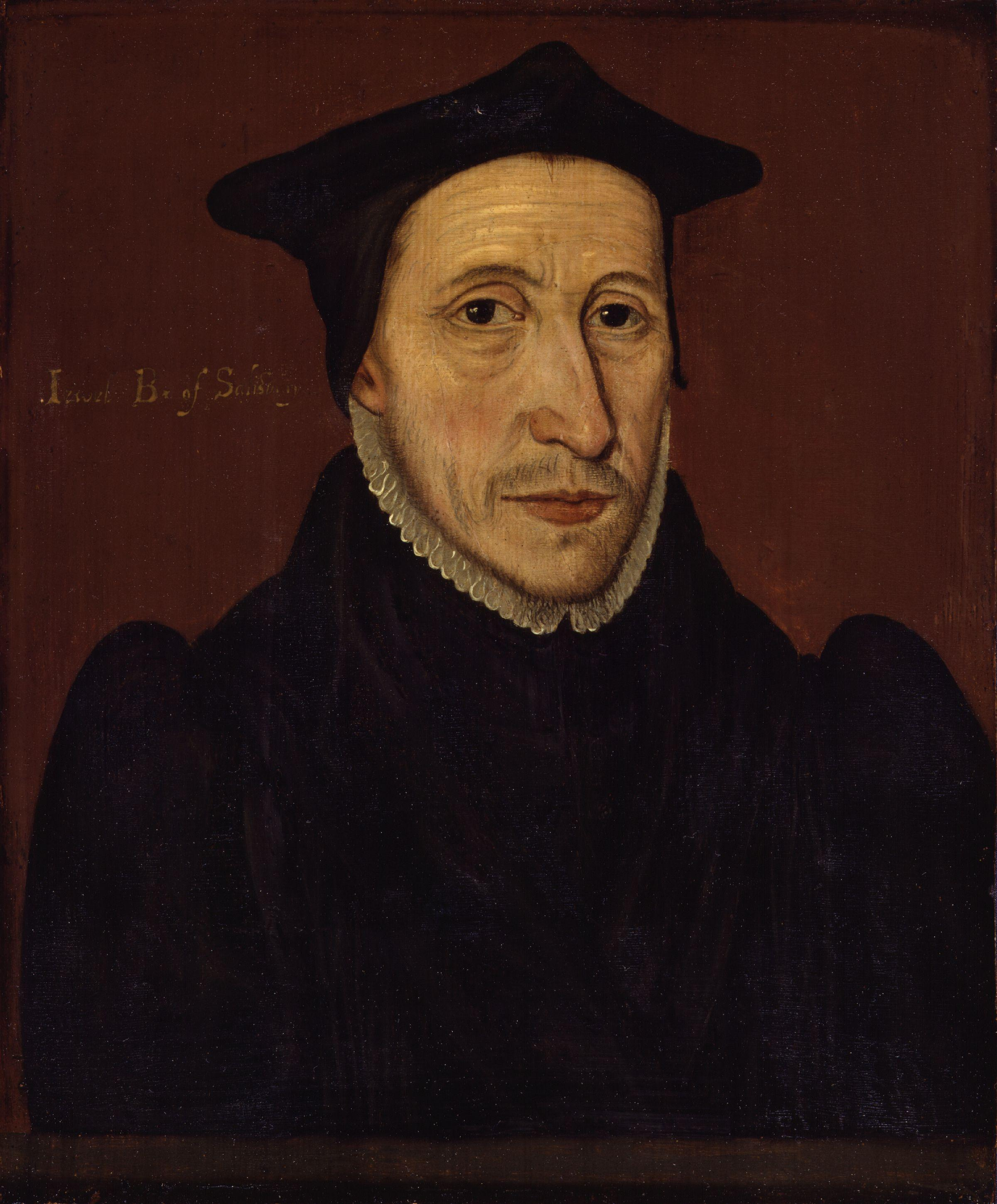Richard Jewell: The Story Of A Hero Falsely Accused
Detail Author:
- Name : Tamia Murphy
- Username : thaddeus.wiza
- Email : susanna.harris@yahoo.com
- Birthdate : 2007-06-19
- Address : 378 Halvorson Pass Suite 758 Stantonburgh, NM 57352-6940
- Phone : +1-703-916-9919
- Company : Raynor, Parker and Anderson
- Job : Human Resource Manager
- Bio : Eos commodi a deleniti quo accusantium autem delectus. Sint iusto quisquam totam mollitia accusamus atque dolor commodi. Culpa error molestias nihil ut tenetur.
Socials
instagram:
- url : https://instagram.com/djacobi
- username : djacobi
- bio : Id eum molestias enim quis atque ut. Porro velit dicta enim rem.
- followers : 2550
- following : 975
linkedin:
- url : https://linkedin.com/in/jacobi2005
- username : jacobi2005
- bio : Id eum accusamus et minus.
- followers : 4352
- following : 2544
Imagine a moment when you are, perhaps, just doing your job, maybe even going a little above and beyond, and then suddenly, you find yourself caught in something truly awful. You act quickly, you help people, and for a brief time, you are seen as a hero. Then, almost in an instant, that feeling flips. The very people who praised you start looking at you differently, with suspicion. This, you know, is the very real story of Richard Jewell, a man who faced a nightmare that many of us could hardly even begin to picture.
His story, you see, is a powerful reminder about how quickly public opinion can change, and how a person's life can be turned upside down. It shows us, too, the immense influence of news organizations and the justice system, for better or for worse. It is a tale that, in a way, still resonates today, prompting important conversations about fairness and the search for truth.
We will look at the whole sequence of events that shaped Richard Jewell’s life, from that fateful night to the long, hard road he walked afterward. It is a story, quite honestly, that needs to be told and understood, so we can learn from it, and perhaps, just perhaps, prevent similar missteps from happening again. This account, you might find, is a bit of an "old school" lesson in modern ethics.
Table of Contents
- Who Was Richard Jewell?
- Personal Details and Bio Data
- The Olympic Park Bombing: A Hero Emerges
- From Hero to Suspect: The Investigation Begins
- The Media Firestorm: Public Trial by Headline
- The Long Wait for Vindication
- Richard Jewell's Legacy and Lasting Impact
- Lessons Learned from a Painful Chapter
- Frequently Asked Questions About Richard Jewell
Who Was Richard Jewell?
Richard Allensworth Jewell was, you know, a man who lived a pretty quiet life before that terrible night. He worked in security, and he was, in a way, someone who took his responsibilities very seriously. He had, you know, a background in law enforcement work, which is why he was working as a security guard at the 1996 Summer Olympics in Atlanta, Georgia.
He was, in some respects, a bit of an unassuming person, someone you might not notice in a crowd. Yet, his life would become, quite honestly, a focal point for a national discussion about justice, the media, and what happens when those two powerful forces collide. His story, you see, is a stark reminder of how life can just change in an instant.
Personal Details and Bio Data
Here is a quick look at some personal details about Richard Jewell, just so you get a better picture of the man at the center of this story.
| Full Name | Richard Allensworth Jewell |
| Born | December 17, 1962 |
| Died | August 29, 2007 (aged 44) |
| Occupation | Security Guard, Police Officer |
| Known For | Finding the bomb at the 1996 Atlanta Olympic Park bombing and being falsely accused. |
| Nationality | American |
The Olympic Park Bombing: A Hero Emerges
It was, you know, the early morning hours of July 27, 1996, during the Atlanta Olympics. Centennial Olympic Park was, you might say, absolutely buzzing with people, enjoying the festivities. Richard Jewell, working his shift, noticed a suspicious backpack tucked away near a sound tower. He acted, actually, on his instincts, which was pretty remarkable.
He immediately alerted other officers and, you know, began helping to move people away from the area. This was, quite honestly, a critical moment. His quick thinking, his ability to spot something out of place, and his calm actions under pressure, very literally saved lives. The bomb did explode, you see, causing injuries and one direct fatality, but it could have been so much worse without his warning.
For a short while, Richard Jewell was, in fact, hailed as a hero. News outlets, you know, celebrated his vigilance. He was, in a way, the ordinary guy who stepped up when it mattered most. This initial period of praise was, quite frankly, a brief moment of light before a very dark and difficult period in his life began, as things often are.
From Hero to Suspect: The Investigation Begins
Then, the story, you know, took a very sharp and troubling turn. Just a few days after the bombing, reports began to surface that the FBI was, perhaps, looking at Richard Jewell as a potential suspect. This was, you see, a stunning development for many, especially those who had just seen him as a lifesaver. The reasoning behind this shift was, you know, rather thin.
Investigators, apparently, considered a profile of a "lone bomber" who might, in a way, seek to be a hero. They looked at Jewell's background, his desire to be in law enforcement, and his presence at the scene, and, you know, some began to connect dots that perhaps weren't there. It was, quite frankly, a classic example of confirmation bias, where an idea takes hold and everything seems to support it, even if it doesn't really.
The FBI, you know, brought Jewell in for questioning, which he cooperated with, thinking he was still helping them catch the real culprit. They, in fact, used a ruse, asking him to help them with a training video, but they were, you know, actually trying to get him to confess. This period of intense scrutiny, you might say, marked the beginning of his personal ordeal.
The Media Firestorm: Public Trial by Headline
The real trouble, you know, started when news organizations got wind of the FBI's focus on Jewell. A specific newspaper, you see, was the first to report that he was the focus of the investigation, rather than just a witness. This news, you might imagine, spread like wildfire across the country and around the world, very quickly.
Television stations, you know, and other newspapers picked up the story, often presenting it as if Jewell was, in fact, guilty. They, quite honestly, ran headlines that suggested he was the bomber, or that he fit a certain profile. This was, in a way, a public trial by media, without any formal charges even being filed. It was, you know, a very difficult time for him and his mother.
The sheer volume of negative coverage, you see, was overwhelming. Richard Jewell became, perhaps, a household name, but not for his heroic actions. Instead, he was known as the "Olympic Park bomber," a title that, you know, stuck to him like glue, even though he was never charged. It was, actually, a brutal display of how quickly a person's reputation can be destroyed, just by speculation.
The Long Wait for Vindication
For 88 agonizing days, Richard Jewell lived under this cloud of suspicion. The FBI, you know, searched his home, investigated every aspect of his life, and, you might say, pretty much turned everything upside down. Yet, they found, quite simply, no evidence linking him to the bombing. Not a single piece of real proof ever emerged, you see.
Finally, in October 1996, the U.S. Attorney for the Northern District of Georgia, you know, sent a letter to Jewell's attorney, officially clearing him. This letter, you might think, would have been a huge relief, and it was, but the damage, you know, had already been done. His name, you see, was already tarnished in the public eye, and that is a very hard thing to fix.
Richard Jewell then, you know, began the long process of trying to clear his name and reputation. He filed, actually, several defamation lawsuits against news organizations that had, in a way, falsely implicated him. He won some of these cases, too, which was, you know, a small victory, but the emotional and personal toll was, quite honestly, immense. It was a battle, you know, that took years of his life.
Richard Jewell's Legacy and Lasting Impact
Richard Jewell passed away, you know, in 2007, at the age of 44, from heart failure, complicated by diabetes. His story, you see, didn't end with his vindication; it became a powerful case study. It is, in a way, a stark warning about the dangers of trial by media and the importance of due process, something that, you know, is always worth remembering.
His experience, you know, led to what some call the "Richard Jewell effect," which is a heightened awareness among law enforcement and media about the potential for misidentification and the need for caution. It is, quite frankly, a reminder that the rush to judgment can have, you know, devastating consequences for individuals. The story, you see, also brought attention to the role of government agencies in investigations, and how they, too, have a responsibility to act carefully.
The movie "Richard Jewell," released in 2019, brought his story back into the public conversation, allowing a new generation to, perhaps, understand the ordeal he went through. It is, in a way, a testament to the enduring relevance of his case, and how it continues to shape discussions about justice and media ethics. You can learn more about the complexities of media ethics on our site, which is, you know, a pretty important topic to explore. Learn more about media ethics on our site.
Lessons Learned from a Painful Chapter
The story of Richard Jewell, you know, teaches us many things. It shows us, first off, the incredible pressure that individuals face when they are, perhaps, caught up in major events. It also highlights, you know, the immense responsibility that news organizations carry, and how important it is for them to verify information before publishing it. This is, you know, a lesson that still needs to be reinforced today.
It also, you see, reminds us about the principle of "innocent until proven guilty," which is, in a way, a cornerstone of our justice system. The public, you know, often forgets this principle when faced with sensational headlines. We, as individuals, also have a role to play in not jumping to conclusions, and, you know, waiting for all the facts to come out. It is, you know, a very human tendency to want quick answers, but sometimes, the truth takes time.
Ultimately, Richard Jewell's story serves as a powerful cautionary tale, one that, you know, should never be forgotten. It is, perhaps, a stark illustration of how a good deed can be twisted into something sinister, and how a person's life can be forever altered by circumstances beyond their control. This story, you might say, is a very important part of modern history. You can find more historical accounts on this page.
Frequently Asked Questions About Richard Jewell
Was Richard Jewell ever charged with the bombing?
No, you know, Richard Jewell was never actually charged with the bombing. He was, you see, investigated as a suspect for 88 days, but the FBI ultimately cleared him due to a complete lack of evidence. It was, quite frankly, a very difficult time for him, but no formal charges were ever brought against him.
Who was the real Centennial Olympic Park bomber?
The real bomber, you know, was Eric Rudolph. He was, in fact, identified years later, in 1998, and was eventually captured in 2003. Rudolph was, you see, also responsible for several other bombings, including attacks on abortion clinics and a gay bar. He was, in a way, a very different kind of person than Richard Jewell.
Did Richard Jewell receive compensation for his ordeal?
Yes, you know, Richard Jewell did receive some compensation. He filed, actually, several defamation lawsuits against various news organizations that had, in a way, falsely accused him. While the exact amounts were often confidential, he did settle with some outlets, including NBC and the Atlanta Journal-Constitution, though the latter case, you know, went on for a very long time. It was, you know, a long fight for justice.

Ballad of Richard Jewell | MovieWeb

Clint Eastwood’s ‘Richard Jewell’ Failed Itself

Richard Jewell Quotes. QuotesGram